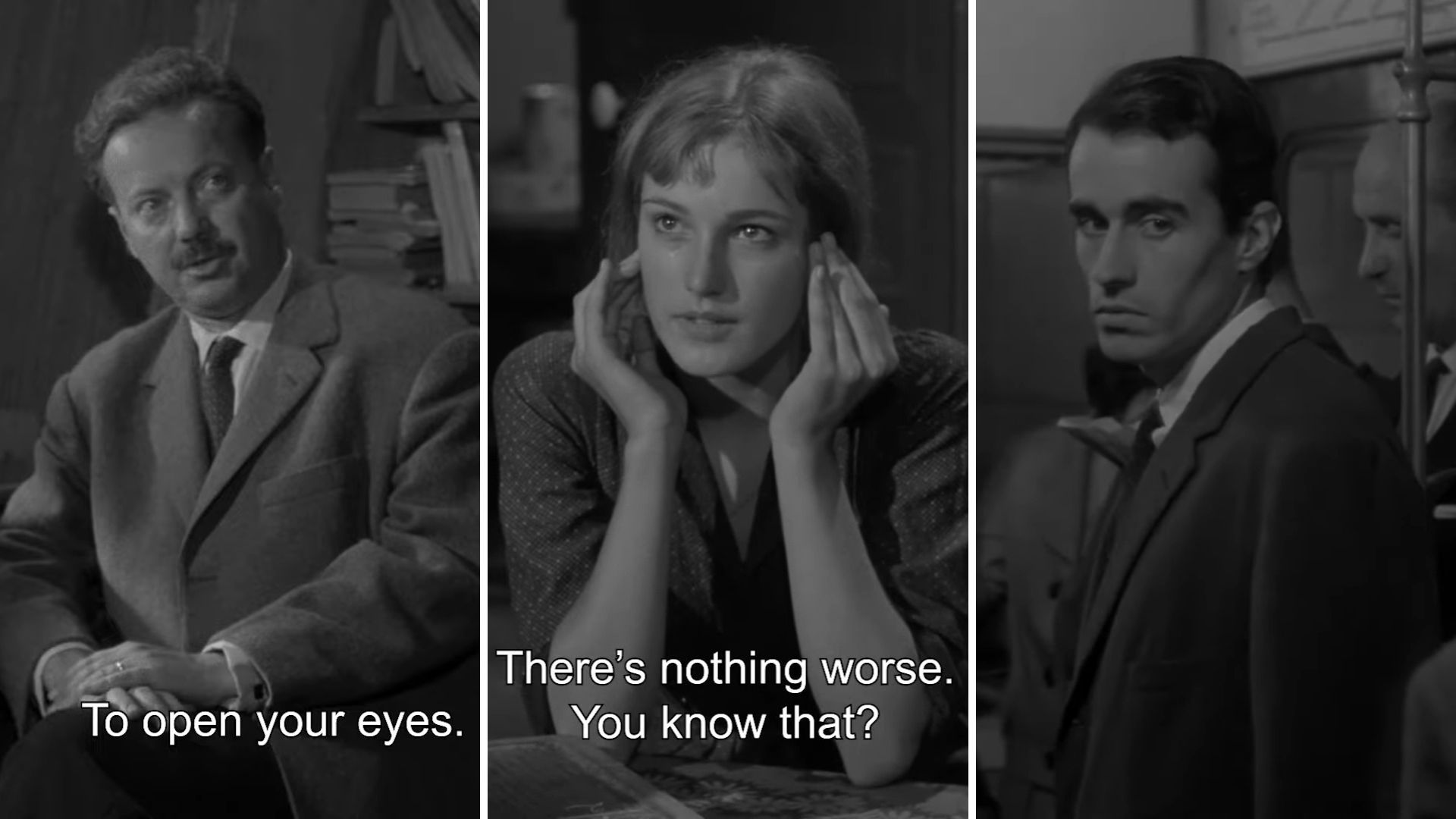
The Room Next Door is an odd film by all accounts. It boasts big names like Tilda Swinton and Julianne Moore. It also comes from one of Spain’s most perplexing directors Pedro Almodovar. The Room Next Door at times feels like a spoof and others a weighty discussion the film isn’t ready to have. Alongside all the melodrama, there is a tender story of companionship and duty. Even though the film doesn’t fully realize all its big ideas.
Tilda Swinton and Julianne Moore are clearly a tour de force and their work here is impeccable. It’s the writing and harsh lighting that make The Room Next Door feel closer to a soap opera than an important statement piece. Pedro Almodovar has created a unique film that will fit firmly in his legacy, if not just for the immense talent he’s able to pull.
A Despicable Question

The film begins with the reuniting of two old friends. Juliane Moore plays Ingrid, a successful writer finishing up a book tour, and Tilda Swinton as Martha. An old friend who’s recently been diagnosed with terminal cancer. When Ingrid hears the news of her old friend’s health, she races to rekindle their relationship. Once their relationship has settled into a shell of its former self, Martha asks Ingrid an impossible question. If she will assist her in her suicide.
Her question isn’t so brash or guilt-inducing. She merely informs Ingrid that she will be committing suicide and asks if she will accompany her to a vacation house where she plans to end her life. She only wants Ingrid to stay in The Room Next Door while she leaves this earth.
Morality

The film hinges on this moral dilemma but it doesn’t seem to fret too much over the morality of the question. The question and answer are presented in such a nonchalant manner that it rips most of the tension away from the film. This odd balance that the film never finds is where The Room Next Door suffers. It wants to ask big questions, but it never gives any time to the opposing viewpoint.
The entire film presents this as Martha’s choice and right. It posits that the idea of suicide, especially in terminal cases, is a gift, not a taboo. With this morality cause being settled, we are left then only with the tension of Ingrid and her decision. She chooses to accompany Martha on her departure, mainly because the film can’t find a good reason for her not to.
Bigger Questions

I understand the themes and ideas the film is trying to portray, and in some ways it’s successful. Terminal illness and coming to terms with mortality is a devastating situation and one that would be much easier with a friend. But by the film remaining steadfast in its determination that this should be a right, it removes all of the central conflict. Ingrid can’t say no because the film has already firmly made its stance on terminal suicide clear.
Julianne Moore does a great job playing the loving friend, but she rarely gets to play the concerned one. The only conflict the film really allows her to have is why she should be upset about the request. It’s her friend’s right and she should be supportive. Even though it’s such an odd and off-putting request, Ingrid can’t help but say yes. Because any other answer would undermine the entire film’s thesis.
Melodrama

The moments before Ingrid entered the titular room next door are the moments I found the most baffling. As the two friends rekindle their long-lost companionship, Martha tells Ingrid increasingly bizarre stories about her past.
She talks about her child’s father. How they began a whirlwind romance that ended with him leaving for Vietnam and her being pregnant. She follows it up with the story of his death. He returned home with immense PTSD and sacrificed himself to save a family from a burning building. A family that only existed in his hallucinations. It’s such a strange story that for a moment I felt the movie was going to pull a The Usual Suspects on us. That she had been fabricating every story in order to gain some upper hand with the lovingly naive Ingrid. But the film never has this turn and instead, we are supposed to read every story she gives at face value.
Living In The Room Next Door

All of this adds up to a successful melodrama without a lot to say. The film is grand in its plotting, bold in its execution, but shallow in its substance. The ideas it presents are sensational, but the film never does anything with them.
The Room Next Door is far closer to an episode of Days of Our Lives or a very special episode of a 90s sitcom. Maybe that’s the brilliance of Pedro Almodovar, this kind of melodrama. He lives in this world between camp and art and jumps between the two like a game of double-dutch. For fans of soapy soft-cover target novels, The Room Next Door will be a fantastic page-turner. For everyone else, we’ll just be left scratching our heads.








